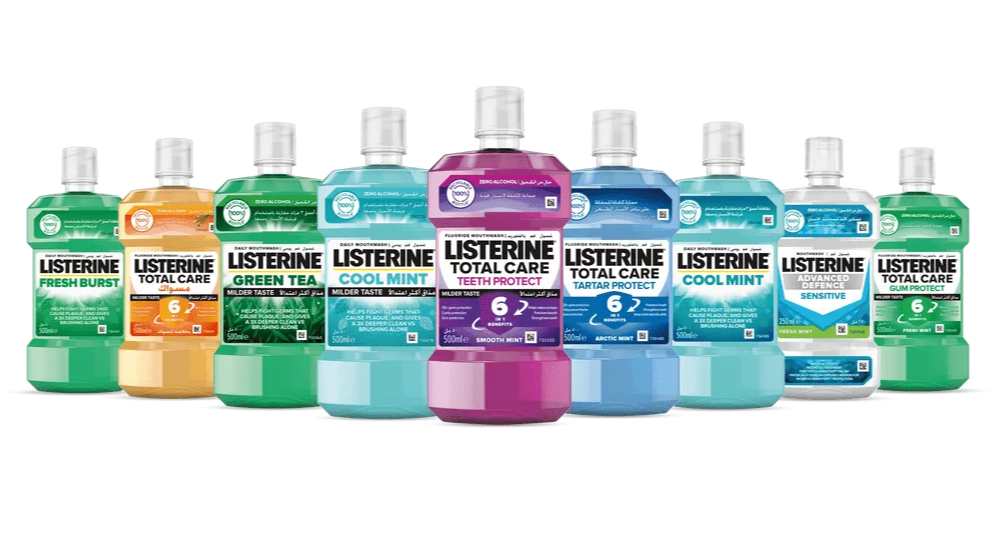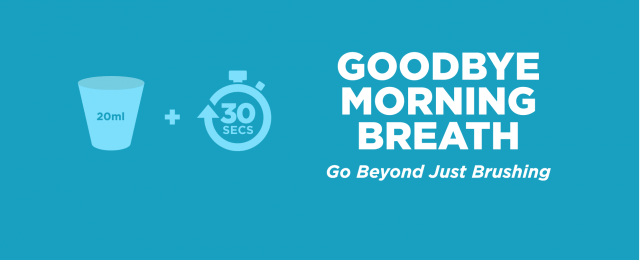What is Xerostomia?
Xerostomia, otherwise known as dry mouth, usually occurs when the production of saliva slows down. These barren conditions result in difficulty speaking, sore throat and the inability to find a glass of water large enough to quench the thirst. In persistent cases, it can also lead to bad breath. Why? The natural saliva that has so mysteriously seemed to vanish has a job to do: flushing bacteria and leftover food particles from your mouth. Without saliva to flush them away, the bacteria and debris start to break down, creating an unpleasant odor.
8 Causes of Dry Mouth (Xerostomia)
Some of the things that can cause dry mouth are
Certain medications, including those for blood pressure, antihistamines, antidepressants, diuretics and non-steroidal anti-inflammatories can decrease saliva production
Radiation treatments
Salivary gland diseases
Diabetes
Mouth breathing
Sleep apnea
Certain autoimmune disorders
People with eating disorders like bulimia and anorexia
Women who are pregnant or nursing can develop dry mouth because of dehydration and hormonal changes.
Other Factors That Can Cause Dry Mouth:
Stress
Anxiety
Depression.
Risk Factors of Dry Mouth If Left Untreated
If left untreated, dry mouth, can lead to decaying teeth, cavities, difficulty eating or talking and even a loss of teeth.
Prevention & Treatment of Dry Mouth (Xerostomia)
You can treat the side effects of dry mouth by following the simple remedies:
Chewing sugar-free gum can help stimulate saliva without coating the teeth with excess sugars
Rinsing with mouthwash to kill bacteria, remove food particles and keep the mouth moist
Limiting caffeine intake
Drinking lots of water.

